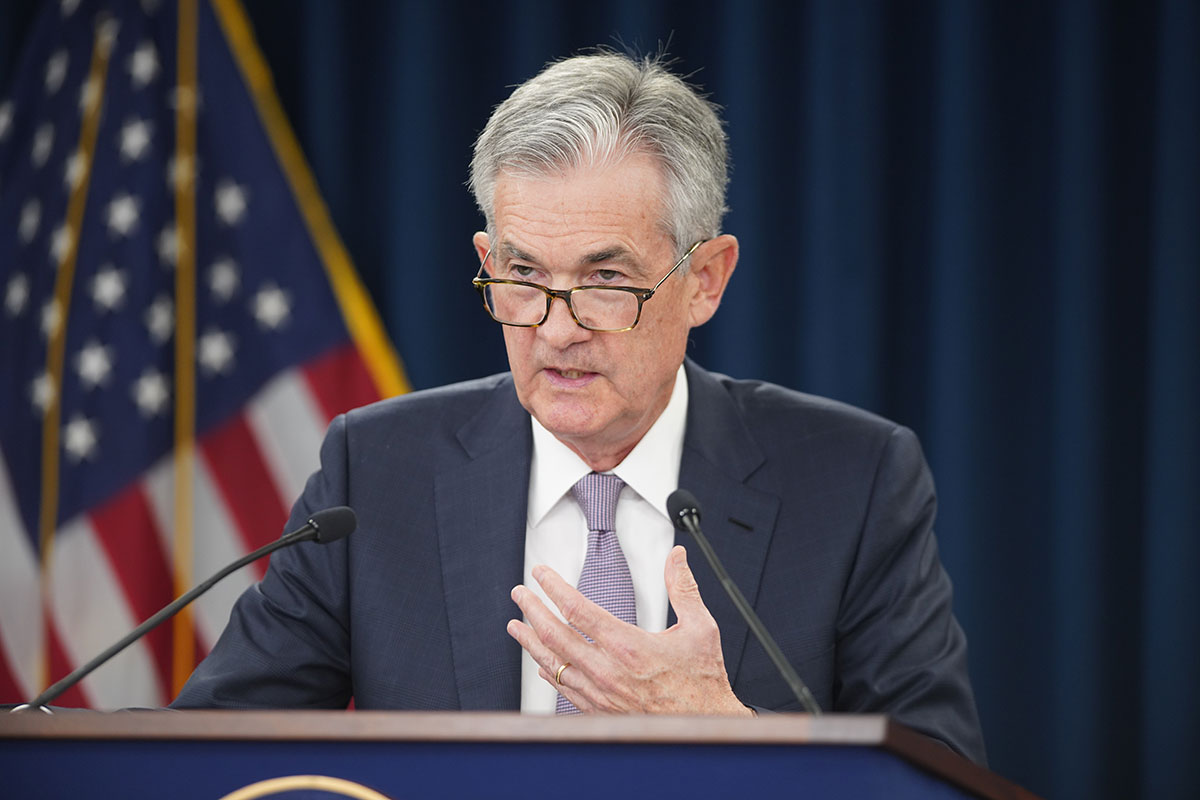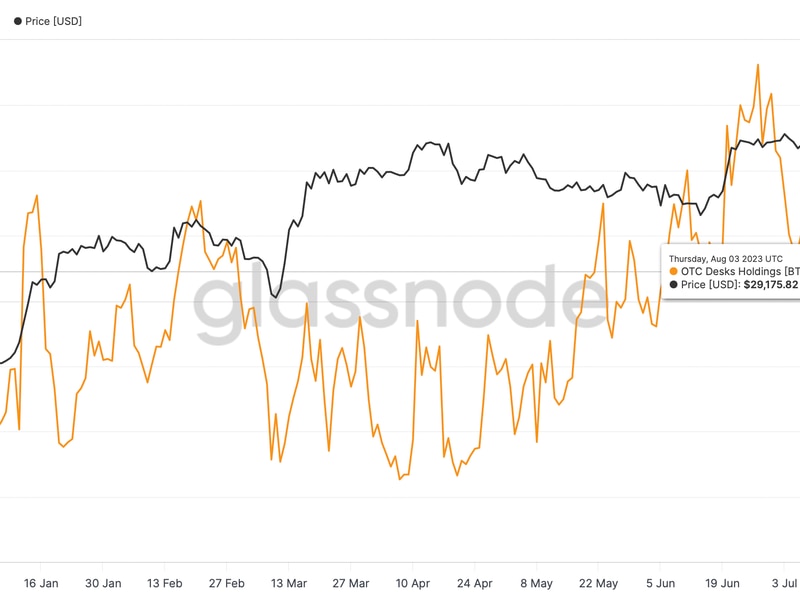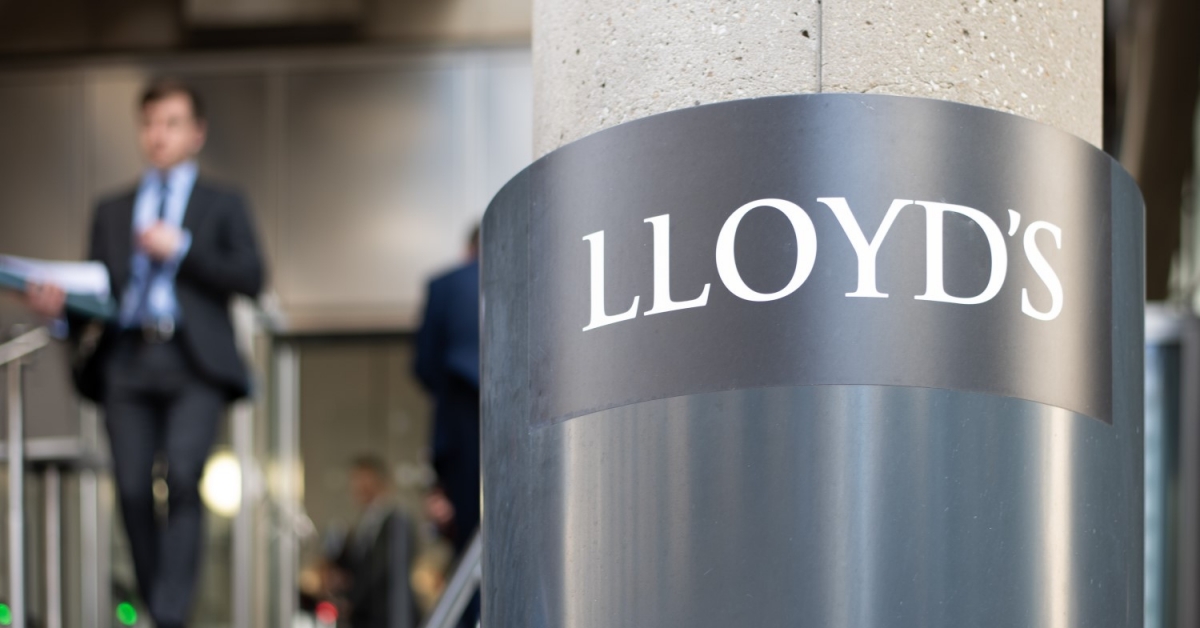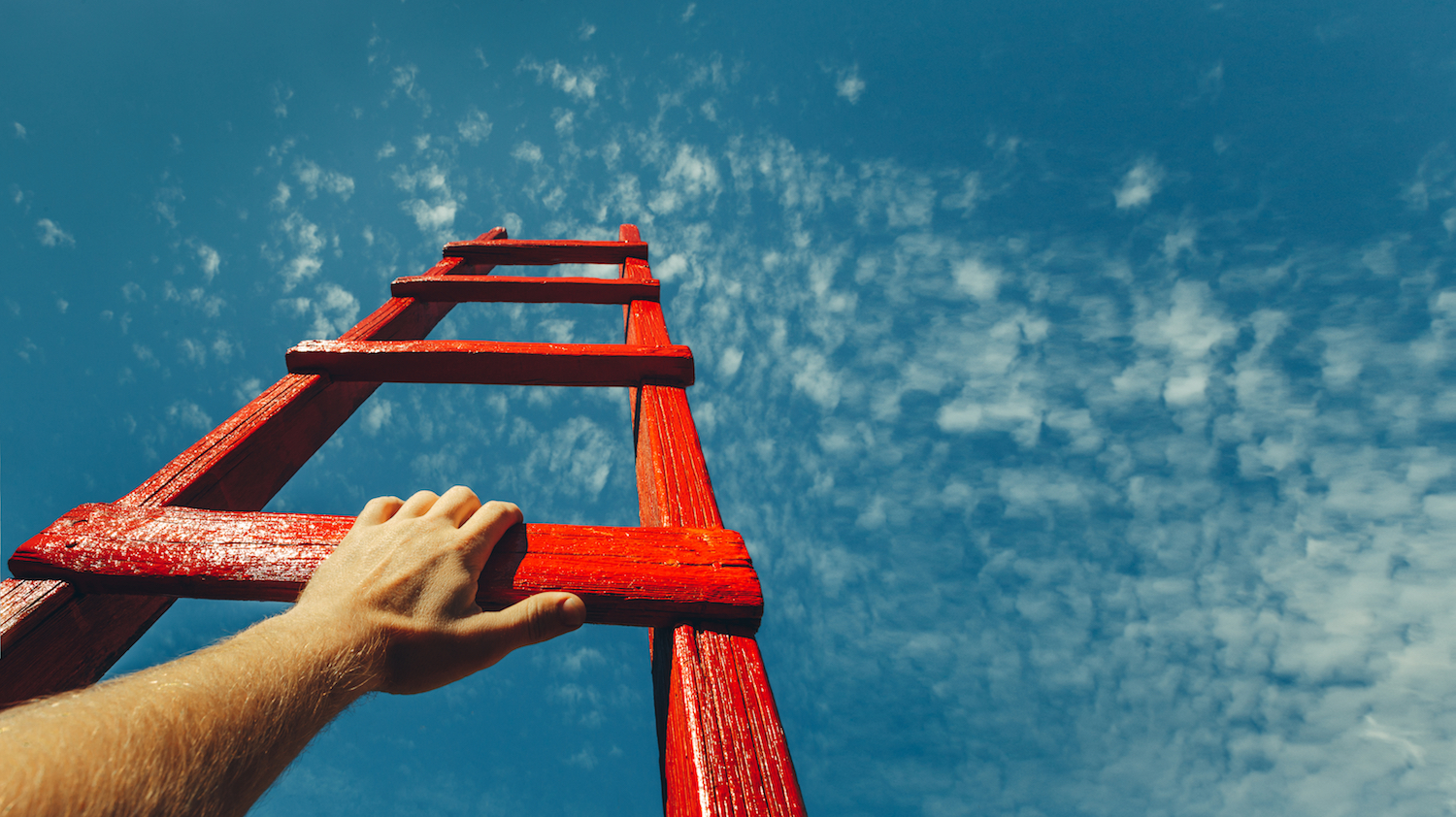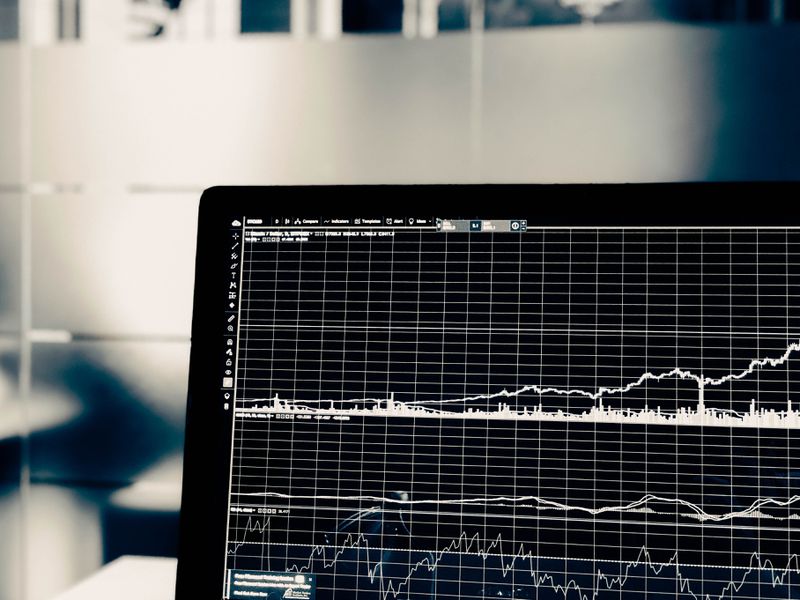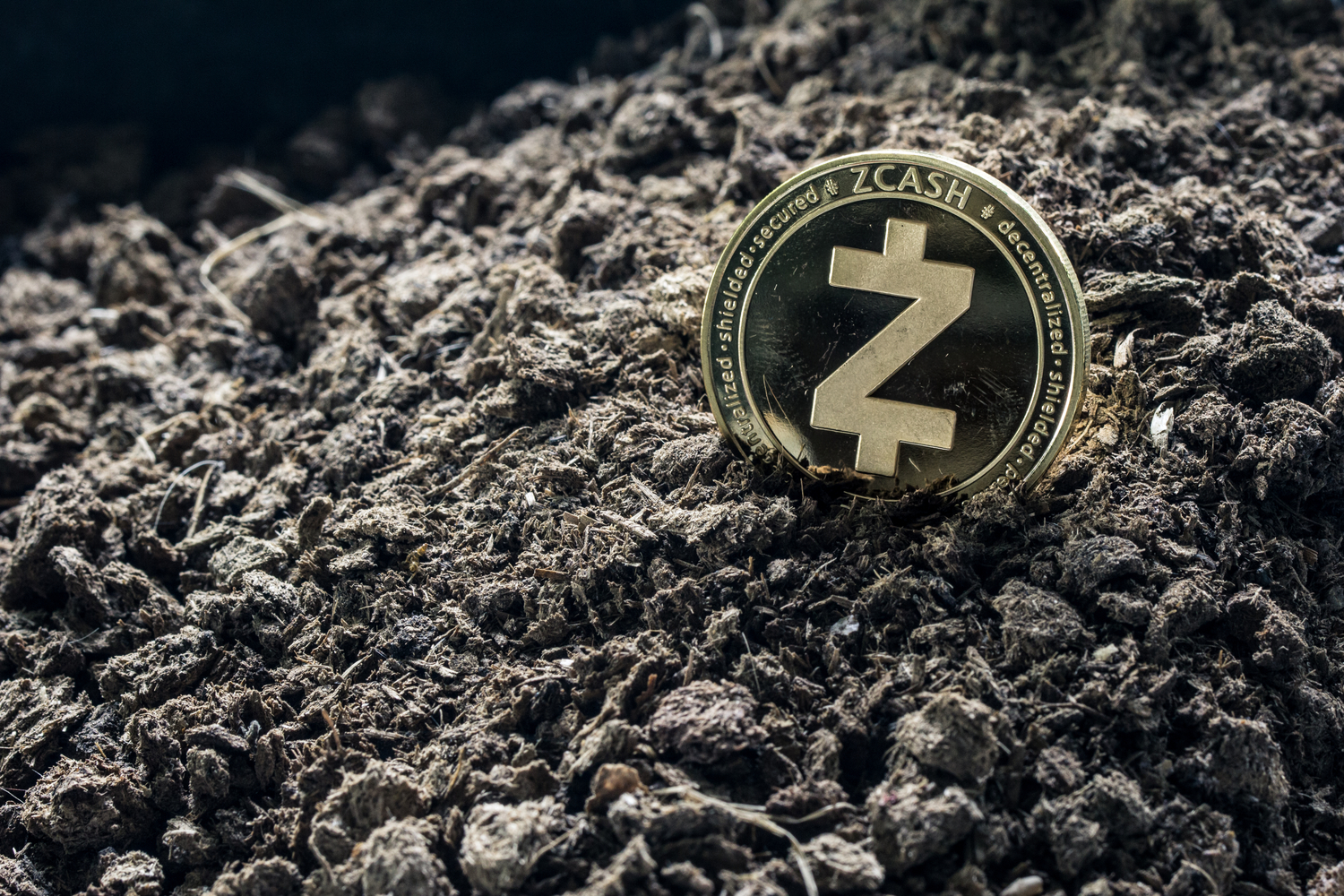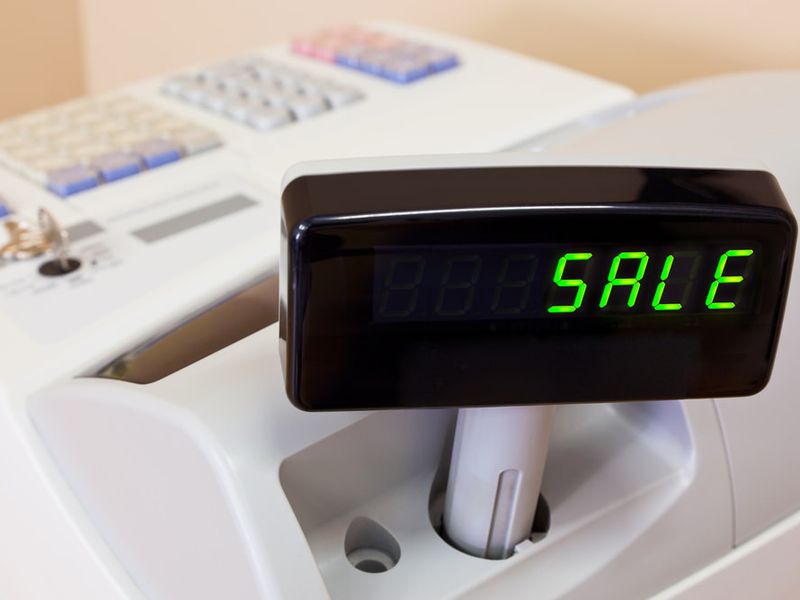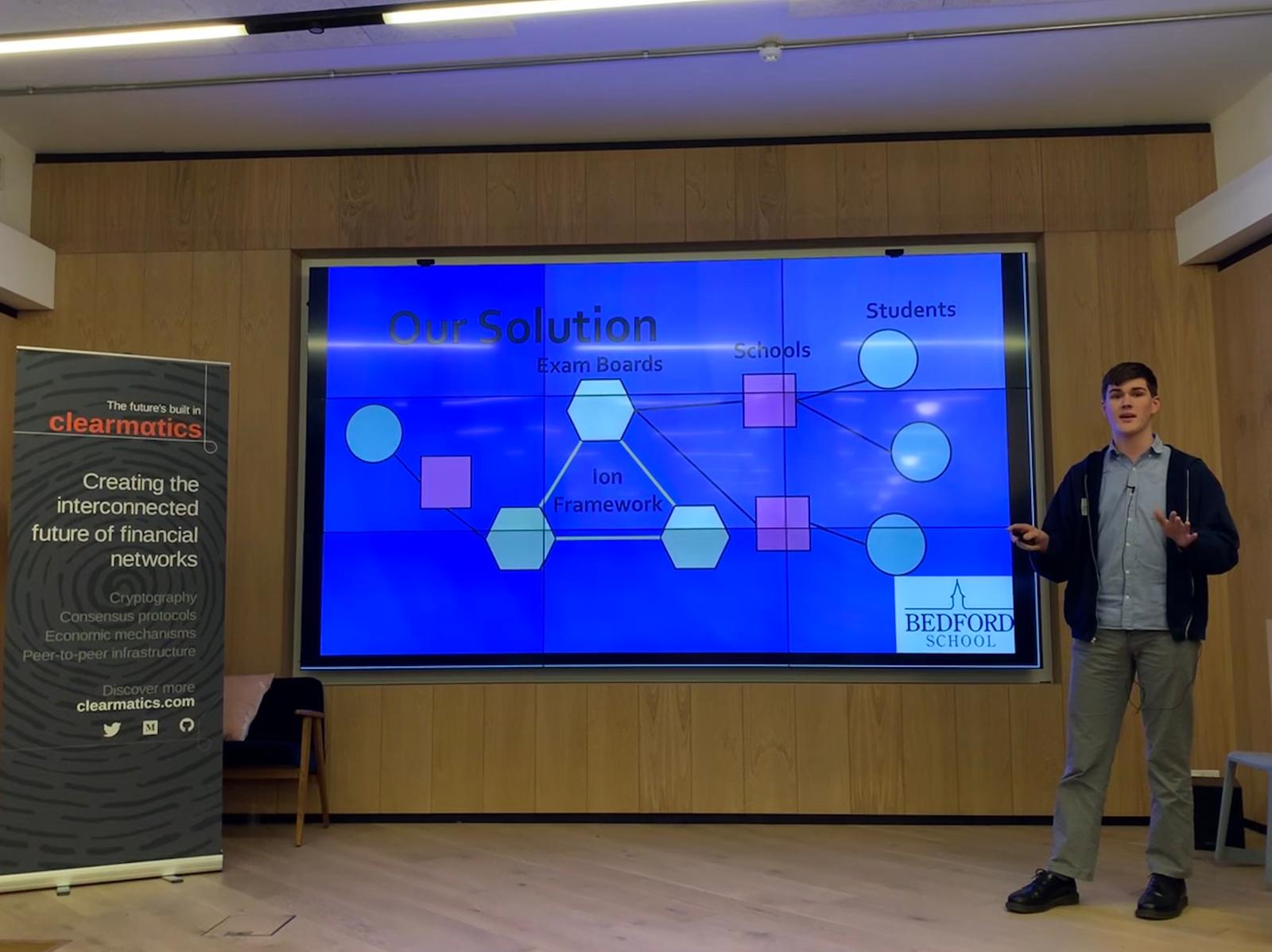Solana’s Second Phone Crosses 100,000 Presales, Securing $45M for Development
/arc-photo-coindesk/arc2-prod/public/LXF2COBSKBCNHNRE3WTK2BZ7GE.png)
-
Solana is committing to building its second smartphone after reaching 100,000 preorders ($45 million in sales) in just over a month.
-
The second phone, much like the first, will have custom features designed to integrate buying, selling, holding and using cryptocurrencies.
It took nearly a year for Solana to sell out 20,000 units of its first crypto phone. But the second phone has hit 100,000 pre-orders in just over a month.
Solana Mobile’s “chapter 2” smartphone crossed a key threshold on Monday; it had previously set the 100,000 preorder milestone as a precondition to developing a second device. Now with a $45 million warchest, the company plans to proceed and hopefully deliver units to customers in early 2025.
“There’s a minimum cost to get a new line going,” Solana co-founder Anatoly Yakovenko told CoinDesk in an interview. With at least 100,000 customers for chapter 2 having already paid $450, the economics for selling an affordable second device are more viable than the “brutal” numbers that backed Solana’s experimental first phone, which originally retailed for $1,000, he said.
The milestone solidifies a future for Solana Mobile, so far the only crypto-enabled phonemaker to find a paying customer base that comes back for more. Its fortunes were in doubt as recently as last year. But then crypto traders realized each phone came with free tokens, sparking a sellout run on the Saga.
The second phone, much like the first, will have custom features designed to integrate buying, selling, holding and using cryptocurrencies – specifically those on the Solana blockchain – into the device’s core functionality.
“It’s really tough to beat Apple and Google on camera and the other” tech specs their leading smartphones boast, Yakovenko said. “That’s why we really care about the crypto-specific features. We are trying to build something that you can’t get on another device.”
It’s not yet clear whether the preorder buyers are actually interested in having a crypto-enabled smartphone or merely in the possibility of securing Solana’s second free money machine.
But with 100,000 units now a floor for production, Solana Mobile is closer to reaching what Yakovenko called a critical mass of usership necessary for wooing app developers to build games (which he sees as crucial to finding mainstream success) for Solana’s challenger ecosystem. Its app store does not charge the 20% to 30% that Yakovenko said Apple and Google levy against their app store’s merchants.
“It’s easier to disrupt the app stores than Visa and Mastercard,” he said.
Edited by Nikhilesh De.

